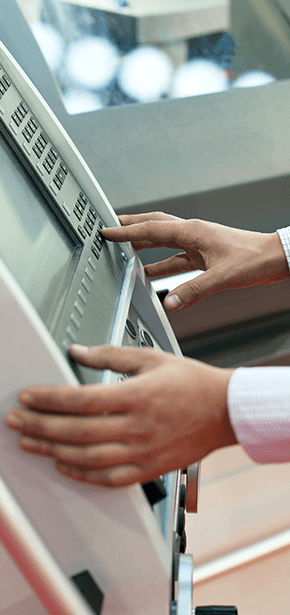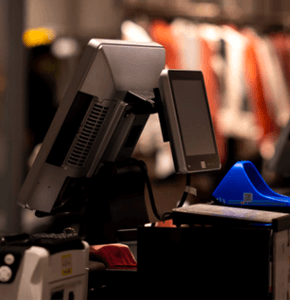In today's fast-paced world, businesses across various industries are constantly seeking innovative solutions to meet their specific needs. One such solution that has gained significant popularity is the use of multifunctional kiosks. These versatile self-service machines have revolutionized customer interactions and streamlined operations in industries ranging from retail and hospitality to healthcare and transportation. By tailoring kiosks to meet industry-specific requirements, businesses can achieve excellence in customer service, efficiency, and overall performance.

The retail industry has seen a tremendous transformation with the introduction of multifunctional kiosks. These kiosks allow customers to browse and purchase products, check inventory, and even process returns or exchanges. By integrating these self-service machines into their operations, retailers can provide customers with a seamless shopping experience. Additionally, kiosks can be customized to display personalized recommendations based on customer preferences, thereby enhancing customer satisfaction and driving sales.
The hospitality industry has also embraced multifunctional kiosks to enhance guest experiences. Hotels and resorts can offer self-check-in kiosks, allowing guests to bypass long queues at the front desk. These kiosks can also provide information about local attractions, dining options, and facilitate bookings for various services. By tailoring kiosks to cater to the specific needs of the hospitality industry, businesses can provide guests with a convenient and personalized experience, ultimately leading to increased customer loyalty.
In the healthcare industry, multifunctional kiosks have proven to be invaluable tools. These kiosks can be used for patient check-ins, appointment scheduling, and even prescription refills. By automating these processes, healthcare providers can reduce waiting times, improve patient flow, and enhance overall efficiency. Furthermore, kiosks can be customized to provide patients with educational resources, such as videos and brochures, to promote health awareness and patient engagement.

Multifunctional kiosks have also found their place in the transportation industry. Airports, train stations, and bus terminals have implemented self-service kiosks for ticket purchases, check-ins, and baggage drop-offs. These kiosks can be tailored to support multiple languages, provide real-time travel information, and even offer assistance to passengers with special needs. By leveraging the capabilities of multifunctional kiosks, the transportation industry can streamline operations, reduce costs, and improve passenger experiences.
While multifunctional kiosks offer numerous benefits, there are challenges and considerations that businesses must address. Firstly, customization requires a thorough understanding of industry-specific requirements and customer expectations. Businesses must invest time and resources in researching and analyzing their target market to ensure that the kiosk's functionalities align with their needs. Additionally, businesses must also consider factors such as security, maintenance, and software updates to ensure the seamless operation of these machines.
Multifunctional kiosks have emerged as powerful tools to meet industry-specific needs across various sectors. By tailoring these self-service machines to cater to the unique requirements of industries such as retail, hospitality, healthcare, and transportation, businesses can achieve excellence in customer service, efficiency, and overall performance. As technology continues to advance, the potential for multifunctional kiosks to revolutionize industries and enhance customer experiences is only expected to grow.